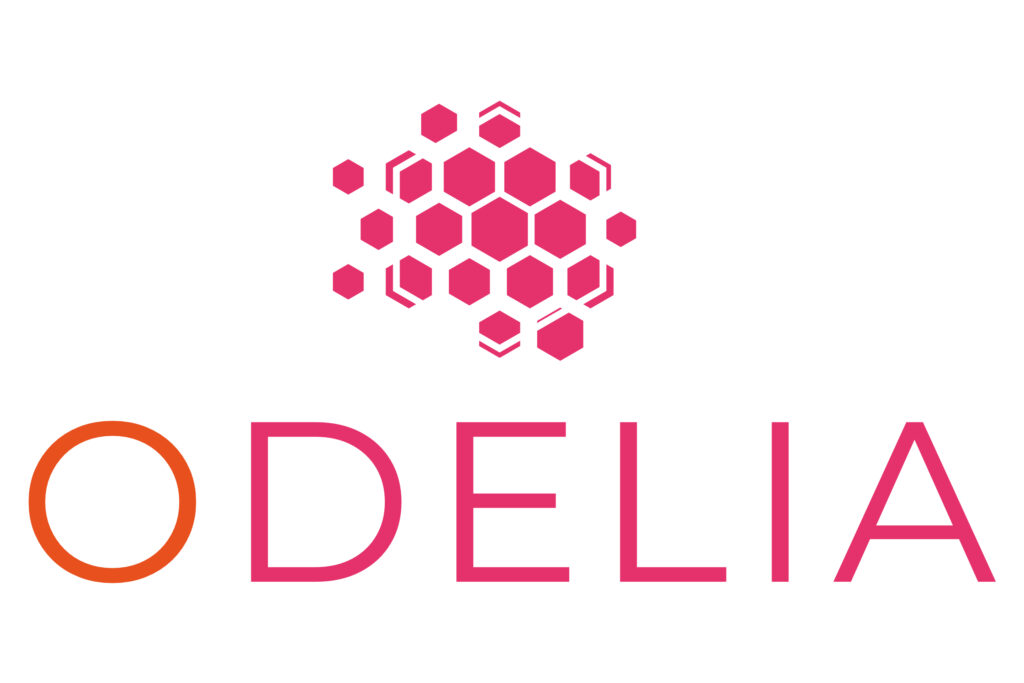A Groundbreaking Approach to Medical AI
Facts and figures
Coordinator: European Instititute for Biomedical Imaging Research (EIBIR)
Number of Partners: 12
Start Date: January 1, 2023
End Date: December 31, 2027
Total Funding: around € 8,691,755.00
This project has received funding from the European Union’s Horizon Europe research and innovation programme under grant agreement No. 101057091.

Funded by the European Union. Views and opinions expressed are however those of the author(s) only and do not necessarily reflect those of the European Union or the European Health and Digital Executive Agency (HADEA). Neither the European Union nor the granting authority can be held responsible for them.


